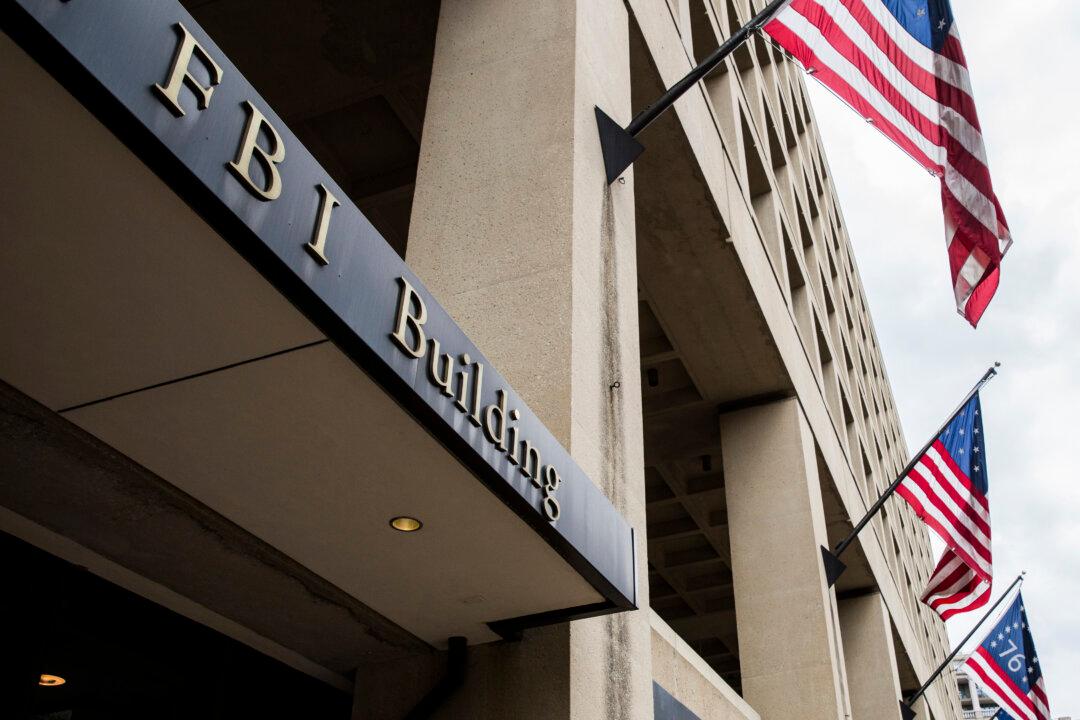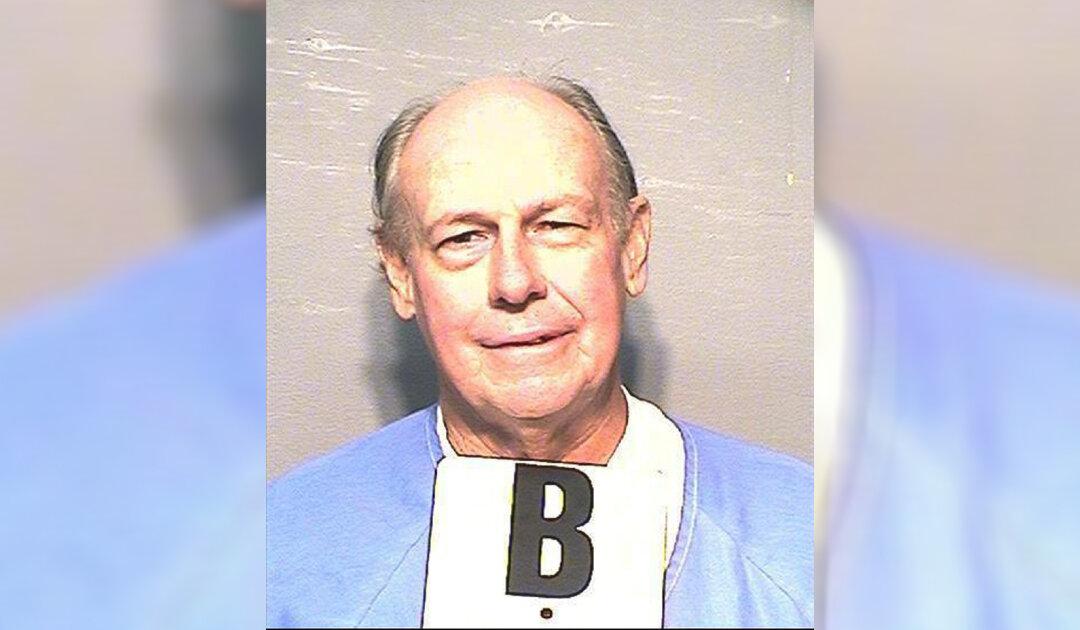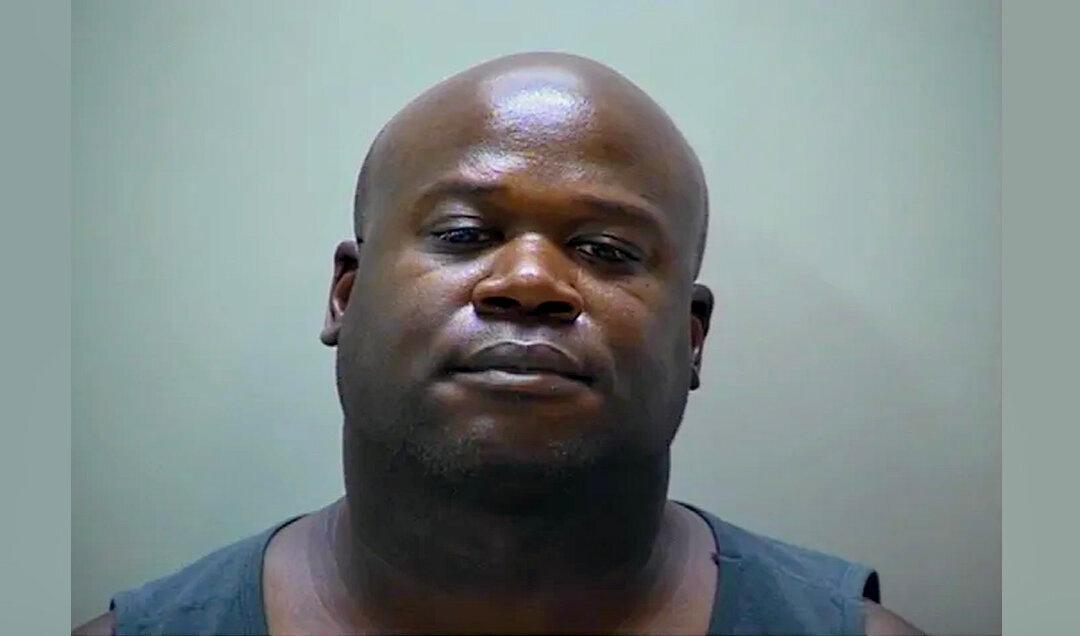A western Florida woman was behind bars after allegedly phoning the emergency services number to report a mechanical problem with a car.
Linda Sue Morgan, 55, is accused of dialing 911 on May 20 to complain about her brother’s parked car. The vehicle was allegedly leaking oil onto her driveway.





